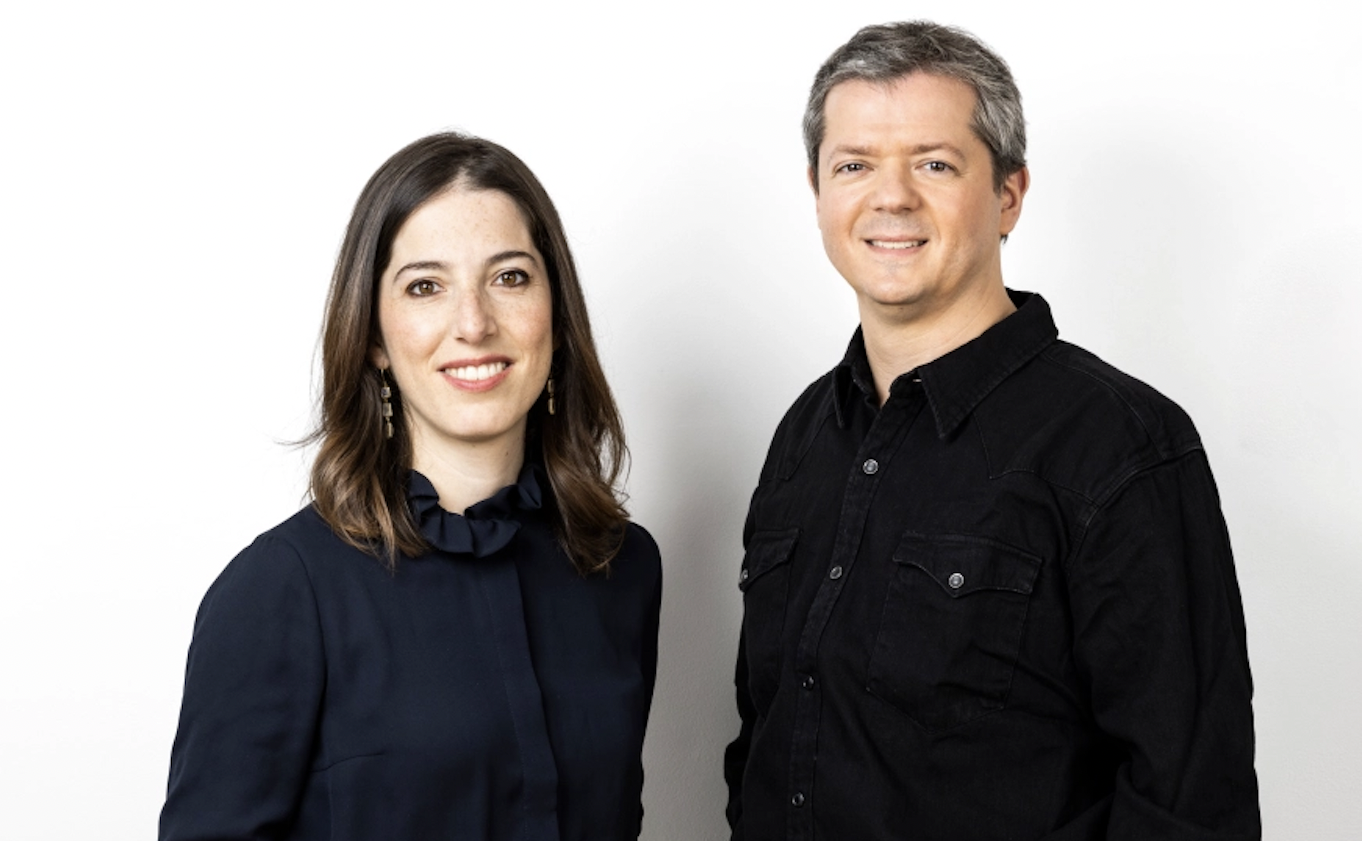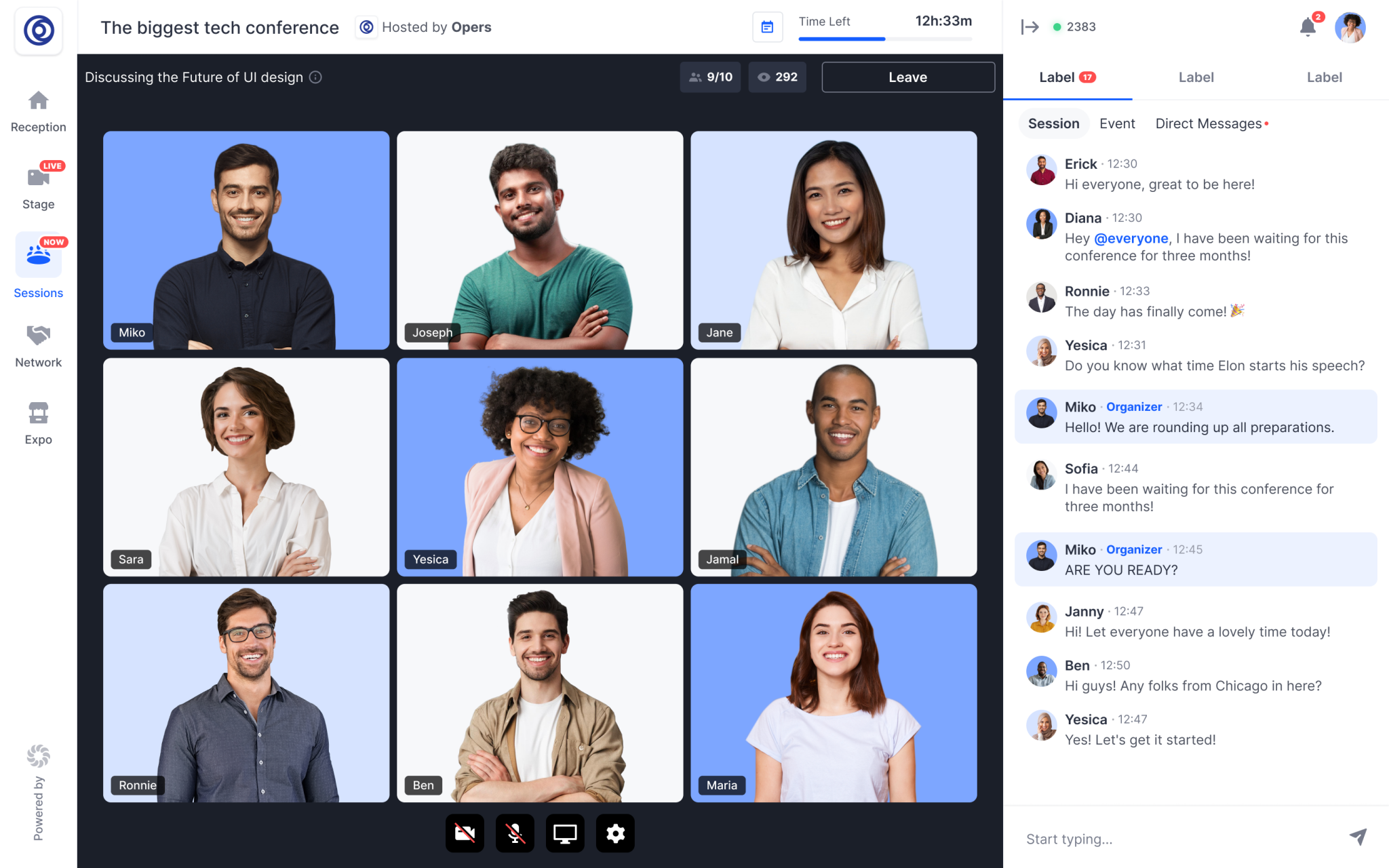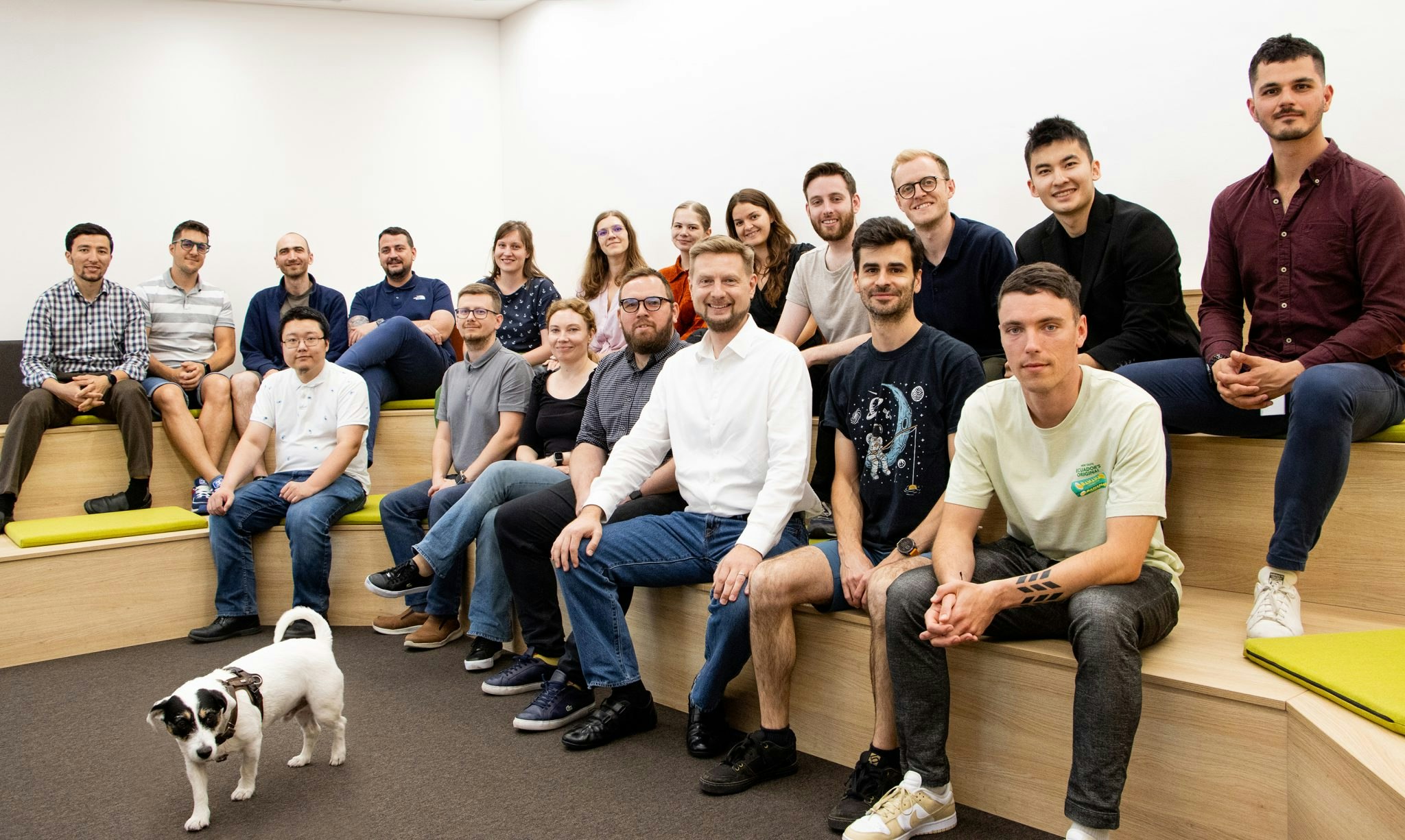Europe’s video gaming industry is reaching new heights and smashing traditional rules. Already worth $22.2bn in 2017, the industry is going through a renewed burst of creativity and change, and this community is now being recognised for its contribution to the arts and innovation in the marketplace.
The continent today is a veritable gaming-unicorn factory: with over 1 in 4 of the world’s billion-dollar-plus gaming companies created over the last 15 years coming from the continent. Taking Scandinavia alone, Europe has produced household names like King (Sweden), Rovio (Finland), Unity (Denmark) and Supercell (Finland). The valley, by contrast, has only three.
With sex dolls, fighting squids and homages to Magritte, the V&A museum in London’s exhibition, Videogames: Design/Play/Disrupt, focuses on companies and titles which have grown large businesses, innovated in the marketplace and taken gaming to new artistic levels. Europe’s imaginative designers and architects are well represented by the creativity of Minecraft (Mojang, Sweden) and the near-infinite procedurally generated worlds of No Man’s Sky (Hello Games, UK).
Outside of the galleries, Europe’s gaming companies are also innovating in the marketplace. Worlds Adrift (Bossa, UK) has, at last count, some 10,000 gamers co-designing and building the landscape of the game with the developers in a private beta before it launches. Through these players live streaming their experiences and talking about it to their friends, Bossa has created a loyal community and a reliable volunteer marketing team years in advance of the title’s launch.
Developers are also using their expertise to advance the gamification of other industries, even ancient trades such as agriculture. A “smart farming” game, GATES (InoSens, Serbia), aims to help farmers test the potential impact of new technology products on their farm instantly, rather than having to wait several months before crops show results. Farmers create a unique profile for their farm in the game, then choose products they want to test (which manufacturers have also entered into the simulation), and then observe how they apply to the farm’s requirements over one or two seasons. The game then previews how much money will be saved, as well as fertiliser and water usage.
Currently in a pilot phase, and being tested by around 170 farmers in Spain, Greece and Serbia, GATES is one of four projects in the running for the hotly contested Best Young SME Innovation Radar Prize 2018, run by the European Commission. They will be pitching their plans for going to market with their EU-funded tech to a jury of experts at the ICT 2018 event in Vienna (4–6 December 2018). The jury will then decide on one winner who will be featured on a Euronews programme about their innovation and its market potential.
European companies continue to push gaming up to and beyond the limits of what is expected of video games. EVE Online (CCP Games, Iceland) has an in-game open economy where real money can be made or lost. The game also holds the record for the largest and most expensive competition in gaming history. ‘The Bloodbath of B-R5RB” involved 7,548 participants in a single virtual space, took 21 hours and cost up to $330,000 in real-life currency. Eve Online was rightly featured in the V&A exhibition for showing how immense and how serious the world of gaming can be.
The continent’s skills and diversity contribute well to the gaming industries creative potential and innovation. Europe’s highly skilled tech workforce (home to more programmers than the US) and diverse gaming market have been beneficial in creating a good ecosystem for gaming. Growing recognition of gaming as an important industry from major institutions and governments will also improve the ecosystem that has made European companies so successful in this space.
With a blend of artistic design and innovative science, Europe’s gaming industry is launching unique titles and producing new unicorns — and the continent’s 342,908,000 gamers are ready for more.


